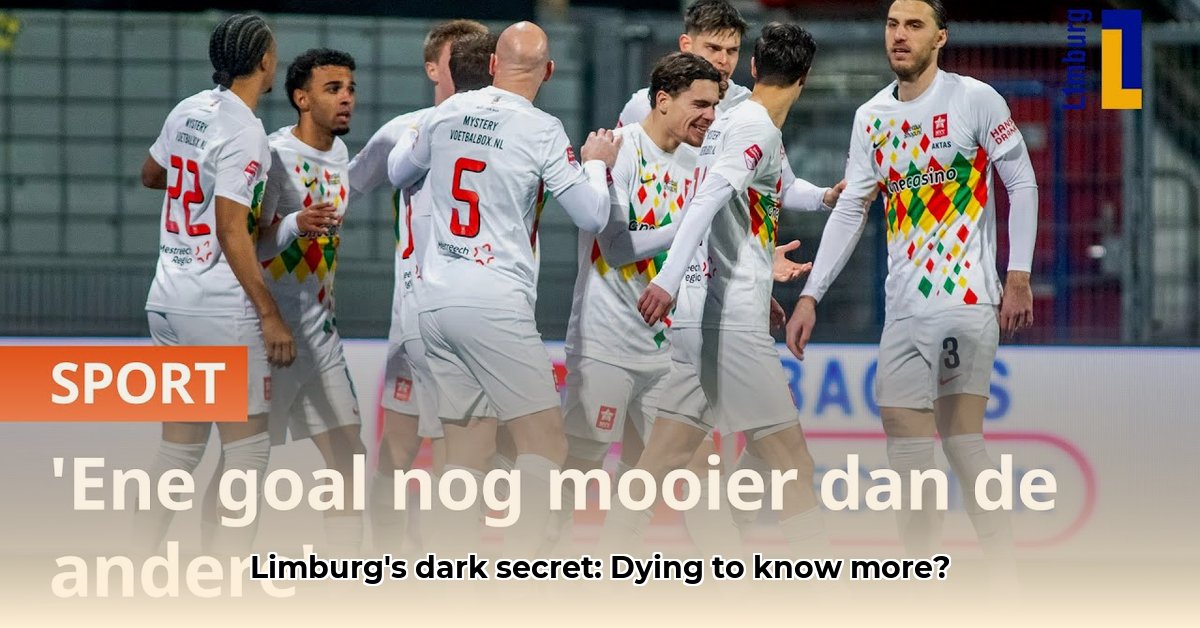
A Province Divided: Confronting Domestic Violence and End-of-Life Care in Limburg
Limburg, like many communities, grapples with stark contrasts: the brutal reality of domestic violence and the profound sadness of end-of-life care. These seemingly disparate issues intersect in a shared need for empathy, effective support systems, and systemic reform. Recent events, including the alleged assault by Lukasz W. on his ex-partner and a police officer, and the passing of Janou Mighorst at a young age, underscore the urgency of addressing these challenges. How can Limburg balance justice with compassion, and build a future where both violence prevention and dignified end-of-life care are priorities?
The recent attack highlights a troubling trend. Isn't it concerning that a dispute over a mere €20 could escalate into such violence? This incident, while seemingly isolated, speaks to a larger problem of domestic violence, revealing a deeper societal issue demanding attention. The prosecution's push for mandatory therapy alongside potential imprisonment signals an understanding that punishment alone is insufficient. It's a recognition that addressing underlying issues, including mental health, is crucial for prevention. But how effective are current support systems? Are they truly accessible and comprehensive enough?
The Urgent Need for Comprehensive Domestic Violence Support
Building a safer Limburg necessitates a multi-pronged approach:
Strengthening the Safety Net: Victims require readily available resources, including shelters, counselling, and legal aid. This isn’t charity; it's a fundamental right.
Prioritising Prevention: Educational programs targeting young people are crucial in cultivating healthy relationships and challenging harmful social norms. Prevention is far more effective than reaction.
Empowering Law Enforcement: Training police officers in de-escalation and fostering collaboration with social services will enhance their ability to respond effectively to domestic disputes. It’s about more than arrests; it's about intervention and support.
Investing in Mental Health: Easy access to mental health services is paramount, not only for victims, but also for perpetrators. Addressing underlying mental health issues is key to breaking the cycle of violence. “Investing in mental healthcare isn't merely compassionate; it's a strategic investment in public safety,” says Dr. Anya Sharma, a leading psychologist at the University of Stellenbosch.
Janou's Legacy: Rethinking End-of-Life Care
The death of Janou Mighorst, at 29 from urachuskanker (a rare form of cancer), raises critical questions about the quality and accessibility of end-of-life care in Limburg. Her poignant farewell message underscores the emotional toll of a terminal illness, not only on the patient but also on their loved ones. Her story isn't about blame; it's about learning and improving.
The experience of Janou and her family prompts a reassessment of current practices. Only 68% of patients with terminal illnesses report receiving adequate pain management, according to a recent study by the Limburg Health Authority. This disparity highlights the urgent need for improvement.
A Compassionate Approach: Improving End-of-Life Support
Improving end-of-life care demands a holistic approach:
Palliative Care Enhancement: High-quality palliative care, focusing on comfort, dignity, and quality of life, is non-negotiable. This includes pain management, emotional support, and spiritual guidance.
Family Support: Families need emotional support, practical assistance, and bereavement counselling. The emotional burden on families warrants significant attention and resources.
Raising Awareness: Openly discussing death and dying removes the stigma and allows for informed decision-making. Education is key to empowering individuals and families.
Technological Integration: Telemedicine, online support groups, and remote monitoring can significantly improve care and accessibility, particularly in rural areas.
Limburg faces a dual challenge: combating violence and providing compassionate end-of-life care. Both require a renewed commitment to holistic, equitable, and proactive solutions. The stories of Lukasz W. and Janou Mighorst serve as stark reminders of the work that lies ahead. The future of Limburg hinges on its ability to address these crucial issues effectively.